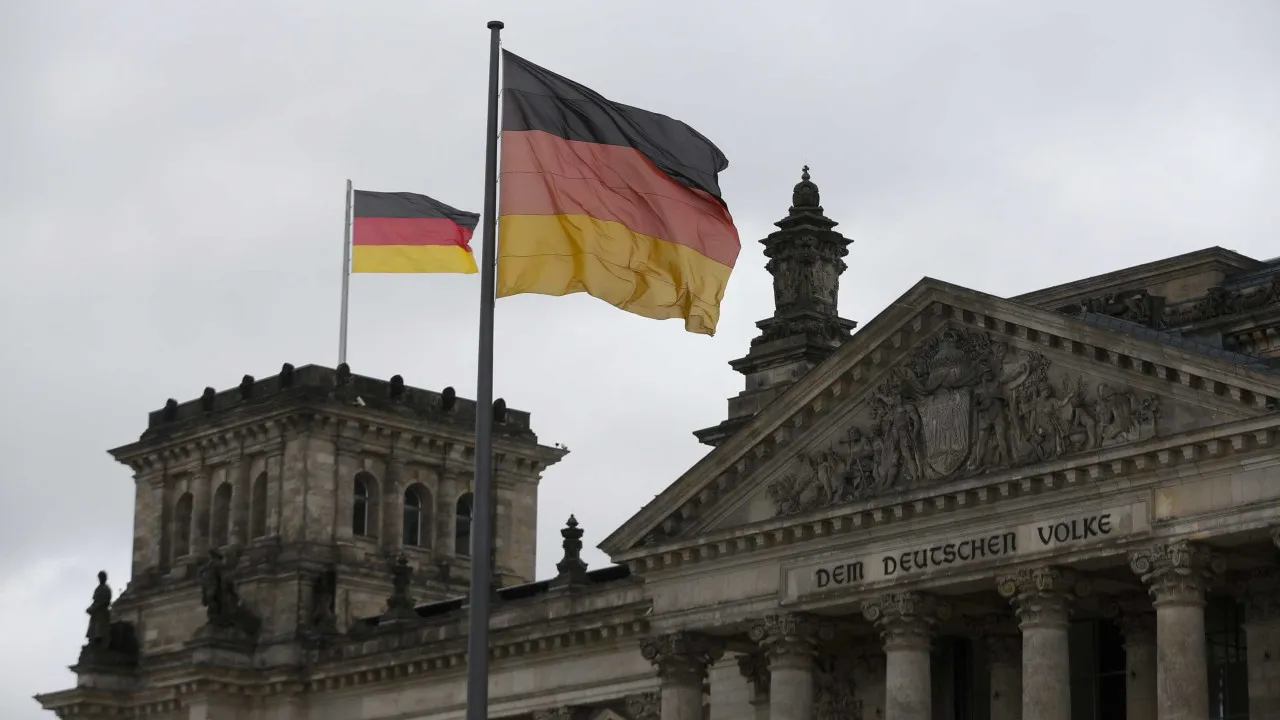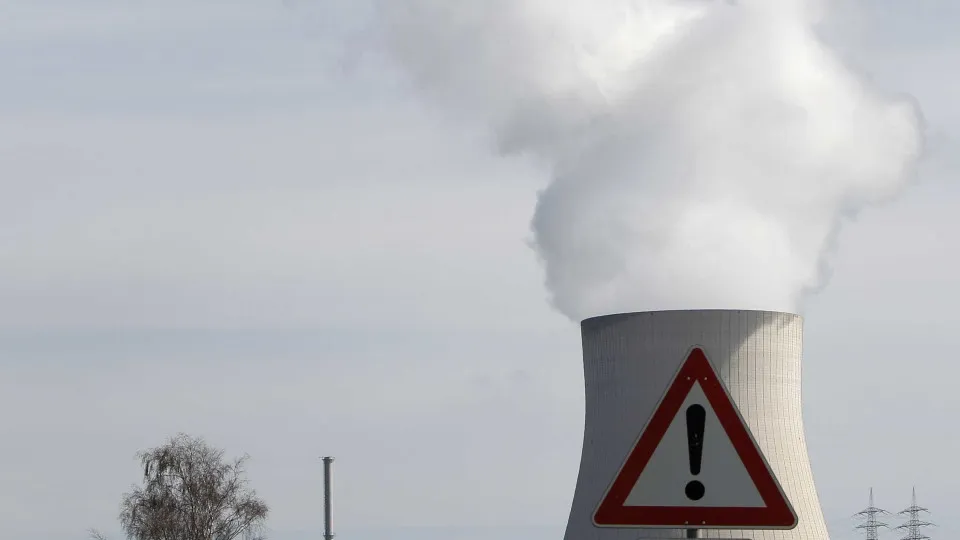
“It essentially recognizes that this debt brake was a bad idea, an outdated one. The core bloc parties agreed with this, except for the FDP liberals, who are no longer in government or parliament. It was something that needed to be done now. But implementation will be difficult,” commented a political analyst on the approval of the constitutional amendment.
Less than a month after the early elections in Germany, the Bundestag (German Parliament) approved an unprecedented package of measures as a result of an agreement between the Christian Democratic Union (CDU), its Bavarian sister party CSU, the Social Democratic Party (SPD), and the Greens.
This amendment aims to increase investment in defense and infrastructure amidst the Ukraine war and pressure from the United States. The debt brake has been a cornerstone of German financial policy.
The package includes the creation of a 500 billion euro investment fund to modernize infrastructure and stimulate economic growth.
“We know there are several problems with railways, bridges; there are issues everywhere. There are various delays in terms of digitalization (…) Another area where the money could be spent is on industrial policy. There were some timid attempts to do this under the previous government, which involved giving subsidies to certain companies to settle and create economic activity clusters in Germany,” noted a professor from the Berlin ESCP Business School.
Previously, Germany adhered to a budgetary rule that did not allow a significant discrepancy between public spending and revenue. Some governments tried to circumvent it but were always blocked by the German Constitutional Court.
The limit on the government’s fiscal policy capacity has now been lifted with the new amendment, but its true scope remains to be seen.
“Even before this constitutional rule, this debt brake, German fiscal policy was never interventionist. For decades, it always modeled avoiding spending as much as possible. We have negative consequences today, such as German infrastructure with numerous problems (…) Not having a debt brake is not a panacea; we must indeed see what will be implemented,” said Gonçalo Pina in statements.
“If the geopolitical reality changes, it will be more challenging to justify defense spending. The implementation may fall short of what is now being announced,” he emphasized.
This constitutional amendment comes at a time when negotiations are underway to form a new coalition that will give rise to a new government after the elections, which saw victory for Friedrich Merz, leader of the CDU.
“It might be easier [to reach an agreement] because the parties are more aligned, but also because the needs are more demanding. The United States is creating a need for unity within Germany, but the specter of the far-right, the AfD [Alternative for Germany] still looms. (…) This seems almost the last chance for the ‘mainstream,’ centrist parties to make this work. But it won’t be easy. Germany has been stagnating for several years, and the problems persist; it is not clear that it will change very quickly. Hence it is a significant challenge for these parties,” he concluded.
Gonçalo Pina admits to disagreeing with a more frugal policy or one based on exports.
“One idea of allowing more public spending is to give the private sector the opportunity to grow more. This was the engine of the German economy, and the demand was external. There is a temptation to return to that model, which worked for many decades. German domestic demand is relatively small for countries of this size; the external is high, compared to France, for example,” he explained.
“But it seems clear that the world has changed, that China is no longer buying as many German products, that there is much more competition. This makes it necessary to have a new economic development model for Germany, not so much based on growth due to external demand but perhaps on the European internal market. The temptation will be there to revert to what it was ten years ago. But the world has changed,” he concluded.




